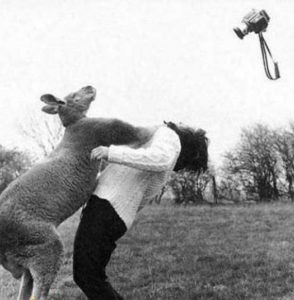
Dennis Bakke highlights in his book ‘Joy at Work’, the difference between saying to workers, ‘we really care about your welfare because we do,’ and the suggestion, ‘we care about your welfare because that will make you work harder for us’. The former offers a sense of value, the latter is more cynical.
The sentiment of valuing people has natural appeal – caring about the people who work with us simply makes sense. But at work – what does caring about people really mean?
Many organisations have ‘people programmes’ or ‘culture change’ initiatives. Do these help?
As John Seddon has often said, respect for people is not a point of intervention – it is not something you ‘do’ to people. Deming repeatedly talked about two things concerning people – the need to maintain dignity and self-esteem. Anything that robs people of these two factors is counterproductive (and as Deming also emphasised, disrespectful).
The culture that appears in any organisation – the behaviours, ways of being, talking and doing – is a symptom of the way things are set up in the organisation (the ‘system’ as Deming would call it). The fall-out from an organisation’s culture (too numerous to discuss here), can be positive or negative.
As an example, a familiar type of negative fall-out might be the lack of career development for women; this could well be a symptom of the way things are set up in an organisation, such as:
|
|
|
|
|
|
|
|
|
|
|
|
Even this short list clearly extends to things beyond people’s general value for female workers. Furthermore if you just work on people’s value for female workers and yet do nothing about the influences in the system, then nothing will change – it might even make things worse.
So, to be able to manage a team or a wider organisation with integrity, there is a need to deal with the whole system – being purposeful in dealing with change. Otherwise we just end up doing things that have no impact.
The start point is to value people anyway. The work is to improve the organisation (as a system) to deliver its purpose.
Culture change – towards one that is whole and cohesive – will follow.
Reading:
Bakke, D.W. (2005) Joy at Work: a revolutionary approach to fun on the job, PVG, Seattle, WA.
Deming W.E. (1993) The New Economics, MIT CAES, Cambridge MA.
Seddon, J. (2005) Freedom from Command and Control, Vanguard Press, Buckingham, UK.
